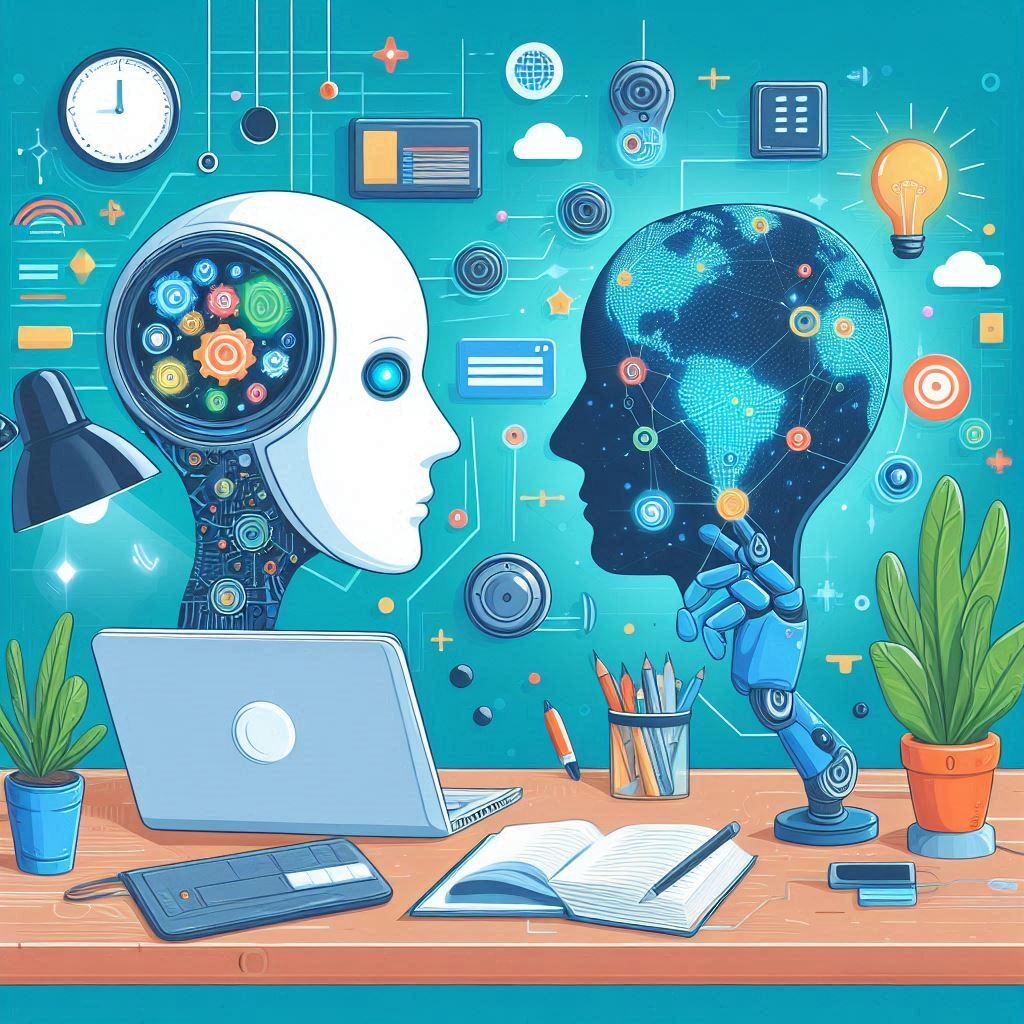Benefits of Agentic AI: Why the Future of Work Is Autonomous
Agentic AI isn’t just another step in automation—it’s a fundamental shift in how work gets done. As enterprises move beyond scripts, bots, and...
Discover how AI, including Agentic AI, automates document creation, streamlines workflows, and transforms business efficiency. Learn more here.
Businesses and individuals are constantly looking for ways to streamline repetitive tasks and improve productivity. One such task that consumes time and resources is document creation. Whether it’s generating contracts, reports, proposals, or marketing materials, the process of drafting, editing, and formatting documents can be a significant drain on efficiency. Enter Artificial Intelligence (AI)—a transformative technology that is reshaping how documents are created.
But is there truly an AI that can create documents? The answer is yes. AI-powered solutions, including innovative technologies like Agentic AI and intelligent AI Agents, are making it possible to automate and optimize document creation. Let’s explore how this works, its advantages, and what it means for the future of document workflows.
AI document creation refers to the use of advanced algorithms and machine learning to automate the process of drafting, editing, and formatting documents. These systems are capable of:
By combining these capabilities, AI transforms document workflows, making them faster, more accurate, and more scalable.
AI uses a combination of Natural Language Processing (NLP), machine learning, and automation to generate documents. Here’s a closer look at how it works:
AI systems rely on user inputs to understand the document’s purpose and requirements. Inputs may include:
Using NLP, AI processes the inputs and generates written content that is:
AI automates the tedious task of formatting, ensuring that fonts, headings, spacing, and alignment are consistent and visually appealing.
Advanced AI systems can customize documents by:
AI offers built-in suggestions for improving clarity, style, and content accuracy, ensuring the final document meets high-quality standards.
Agentic AI, a cutting-edge approach to intelligent automation, is transforming how businesses handle document workflows. By deploying specialized AI Agents, this technology streamlines tasks that once required significant manual effort. Here’s how Agentic AI fits into the picture:
AI Agents are designed to focus on specific tasks within document creation, such as:
These agents work autonomously, using predefined rules and machine learning to deliver results.
Agentic AI enables seamless collaboration between human teams and AI systems. For example:
With Agentic AI, businesses can scale document creation efforts without adding extra resources. Whether it’s producing dozens of client proposals or hundreds of compliance reports, AI handles the workload efficiently.
AI’s ability to create documents offers several advantages for businesses and individuals:
AI significantly reduces the time spent on drafting and formatting documents, allowing teams to focus on higher-value activities.
AI eliminates human errors and ensures that documents are professionally formatted and error-free.
AI systems can produce customized documents tailored to individual clients or specific use cases, enhancing relevance and impact.
Automating document creation reduces the need for manual labor, lowering costs associated with repetitive tasks.
By integrating with collaborative platforms, AI makes it easier for teams to work together on documents, streamlining feedback and revisions.
While AI offers numerous benefits, it’s not without limitations:
AI can generate content based on data and templates, but it may struggle with creative or highly nuanced tasks.
AI systems rely on inputs and predefined rules, which means they may miss context or intent in certain scenarios.
To ensure quality and relevance, AI-generated documents often require human review and refinement.
Despite these challenges, the combination of AI and human expertise creates a powerful workflow that balances efficiency with strategic thinking.
AI document creation is versatile and can be applied across a variety of industries and use cases:
AI can generate tailored, professional proposals that align with client needs and industry standards.
Legal teams can use AI to draft standardized contracts and agreements, ensuring compliance and accuracy.
AI enables the creation of brochures, presentations, and other marketing materials, complete with branding and visuals.
AI can analyze data and produce detailed reports for stakeholders, saving time and improving clarity.
Organizations can use AI to create training manuals or educational content, tailored to specific audiences.
As AI technology evolves, the future of document creation looks increasingly promising. Agentic AI is at the forefront of this transformation, introducing features like:
Businesses adopting these technologies will gain a competitive edge, delivering professional, accurate, and scalable documents faster than ever.
Is there an AI that can create documents? The answer is a resounding yes. Through advancements in AI, including the rise of Agentic AI and specialized AI Agents, businesses now have access to tools that streamline document workflows, improve accuracy, and reduce costs. While AI cannot entirely replace human creativity or strategic input, it serves as a powerful complement, handling repetitive tasks and enhancing productivity.
As organizations continue to embrace AI-driven solutions, the ability to automate document creation will become a standard feature of modern workflows. Whether you’re in sales, marketing, or any field that relies on professional documentation, AI offers a smarter, faster way to work.

Agentic AI isn’t just another step in automation—it’s a fundamental shift in how work gets done. As enterprises move beyond scripts, bots, and...

With the rapid rise of artificial intelligence (AI) in the workplace, many HR professionals are concerned that their roles are at risk of being...
AI agents are changing how work gets done, from automating time-consuming tasks to executing complex workflows without human intervention. But if...
Start your journey with Integrail

Try AI Studio by Integrail FREE and start building AI applications without coding.

NEW White Paper: Discover how AI Studio accelerates your workflows